
A group of swimmers from Christchurch, New Zealand, pose in Wuhan, Hubei Province , while participating in the Wuhan International Yangtze River Crossing Festival in 2018. (Photo provided to China Daily)
Friendship between Wuhan, Hubei Province , and Christchurch, New Zealand, has endured for decades
In the face of a future fraught with uncertainty, cooperation and not confrontation is the key to getting things back to normal in a post-COVID-19 pandemic world, officials said.
"It is better to light one small candle than to curse the darkness," said Michelle MacWilliam, chair of the Christchurch China Sister Cities Committee.
This year marks the 15th anniversary of the sister city relationship between Christchurch, New Zealand, and Wuhan, capital of Hubei Province .
Their relationship over the years has proved fruitful. MacWilliam visited Wuhan in 2015, 2017 and 2018, and for her, it is "a beautiful modern city that still has many aspects that remind people of its rich history, as seen in its many sculptures and large, impressive buildings on main streets".
"Traveling around Wuhan, and indeed all of China, there is an obvious civic pride in being Chinese," she said. "The people are welcoming and seek to know where you, as a visitor, come from. They are proud of their culture and willingly take the time to share their knowledge and show their expertise."
MacWilliam noted that Wuhan is a typical inland city with significant variations in temperature throughout the year, while Christchurch features an oceanic, mild climate.
Moreover, Wuhan has over 10 million people, while Christchurch only has 400,000, and Wuhan is also much larger in size.
The two have a lot in common. For example, both have a strong interest in education-Wuhan has numerous prestigious universities, while Christchurch is home to two of New Zealand's eight universities. Each city has also developed new technology, materials and products, and both enjoy a dynamic economy.
MacWilliam said that Wuhan and Christchurch have both endured hardships tied to natural disasters, with the Hubei capital weathering periodic flooding of the Yangtze River and the Christchurch area experiencing earthquakes in 2010 and 2011.
"One could say the two cities have walked a similar path in the face of adversity," she said.
Amid the pandemic, Wuhan-the city hit hardest by COVID-19 on the Chinese mainland-and Christchurch have exchanged messages of support and continue to share information, she added.

Members of a delegation of officials and business leaders from Christchurch visit a museum in Wuhan in 2015. (Photo provided to China Daily)
Longtime friendship
Ties between Wuhan and Christchurch span decades.
In 1932, Rewi Alley, a renowned writer, educator and member of the Communist Party of China came to Wuhan from Christchurch to take part in relief efforts following massive flooding that had been caused by the Yangtze a year earlier.
In 2004, Garry Moore, then mayor of Christchurch, brought a delegation of about 50 officials and business leaders to Wuhan to sign a strategic partnership agreement covering sectors including education, information technology and property development.
MacWilliam said the partnership has been "undoubtedly very successful" over the years.
"A sister city relationship must grow and continually seek ways to engage with people from all walks of life, ages and interests to remain relevant," she added.
From an educational perspective, strong ties have led to joint educational ventures and student exchanges between universities, and there has also been notable cooperation in terms of business.
In 2008, for example, Ngai Tahu Seafood in Christchurch delivered crayfish to Wuhan for official functions.
This opened the doors for what is now considered a very successful arrangement for the company. It began regularly exporting their products to China.
There have also been numerous other instances of cooperation.
Since 2017, Christchurch has sent swimmers to the Wuhan International Yangtze River Crossing Festival, which attracts more than 5,000 participants each year, and the annual lantern festival held in Christchurch in February provides an opportunity for visitors from Wuhan to showcase their culture.
In May, Christchurch launched a Wuhan website to introduce its history, culture, business opportunities and sister city activities to residents. The Wuhan government will do the same for Christchurch this month.
In June, officials from the two cities held a Zoom meeting in the presence of their mayors to celebrate the 15th anniversary of their relationship. During the meeting, a memorandum of understanding was signed, which outlined plans to increase exchanges in education, culture and tourism over the next five years.
The two sides are also planning more digital engagements, including regular business forums on Zoom, and promoting more exchanges related to technological research.
MacWilliam said talented people from Wuhan living in Christchurch have also contributed to the exchanges.
Gan Kaiwan and his wife, Yu Yuzhen, both born in Wuhan, have lived in New Zealand for 32 years. While working at the Tongji Medical College at the Huazhong University of Science and Technology in Wuhan, they were invited to participate in chemistry research at Canterbury University in Christchurch in 1990 and decided to remain there afterward.
Gan said Christchurch has about 20,000 to 30,000 Chinese people, the first of whom arrived in the late 1990s.

A delegation of Christchurch residents learn to play a Chinese game at a Wuhan park during a visit in 2015. (Photo provided to China Daily)
In the 2000s, more Chinese migrated to the city and most are involved in catering. As a result of China's reform and opening-up efforts, many students opted to study in New Zealand, and some stayed.
Now, Chinese living in the country work in a number of different industries and enjoy a high standard of living, he said.
As Wuhan battled COVID-19 early last year, Lianne Dalziel, the mayor of Christchurch, sent a consolation letter to the city government, and Chinese residents donated medical supplies to Wuhan.
In addition, a group of Hubei natives in Christchurch raised the equivalent of 75,500 yuan ($11,877) to donate to Tongji Hospital in Wuhan.
Gan said he feels it is his responsibility to promote friendship between the two cities. To that end, he has been helping officials from both cities connect since the relationship was officially established, and he and his wife continue to participate in promotional events, as well as cultural and educational activities.
"We volunteer to build a bridge of international cooperation," he said. "It's not about profit or politics. We love our hometown and the people there, and it's natural to want to spread its culture."








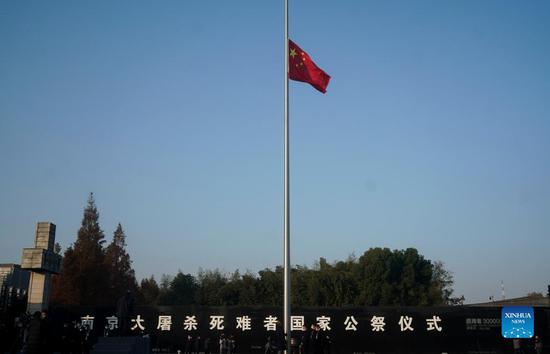
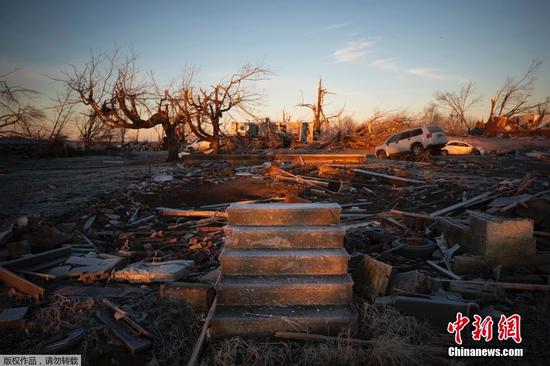
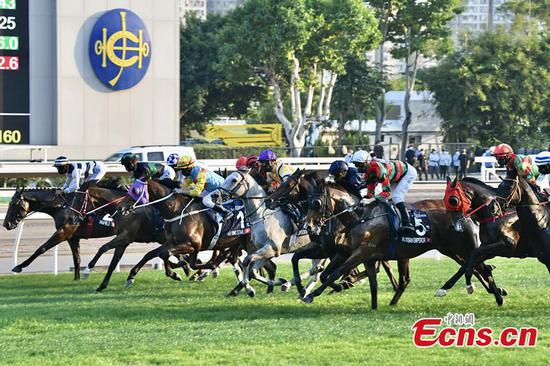
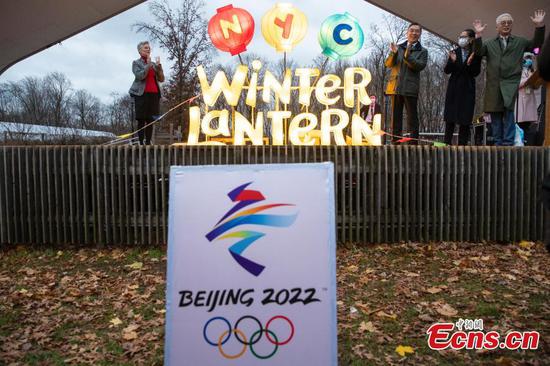
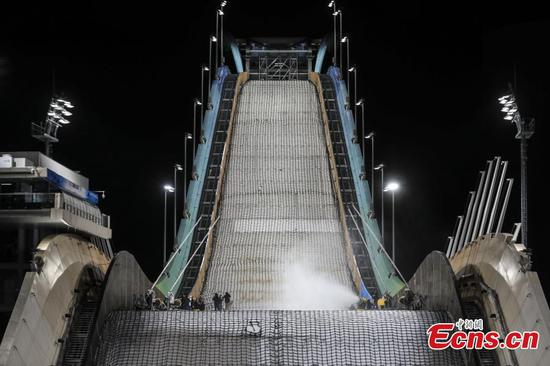
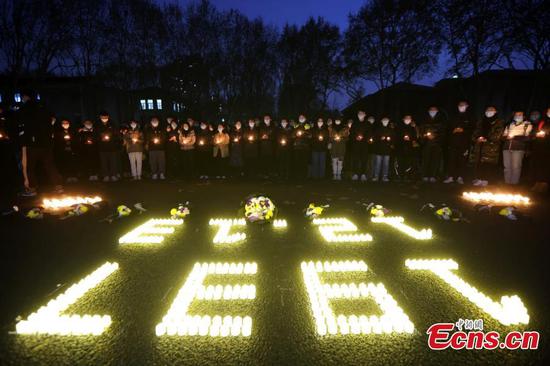
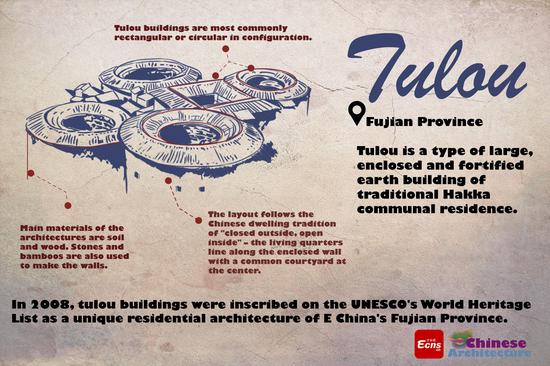
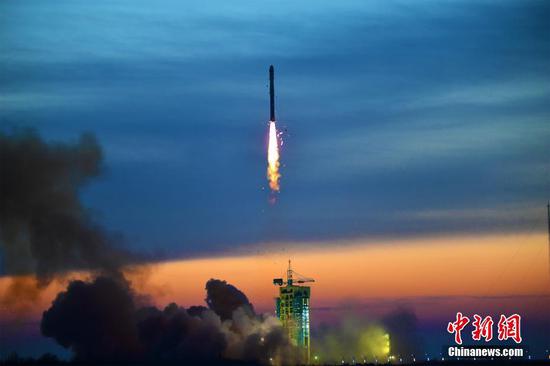
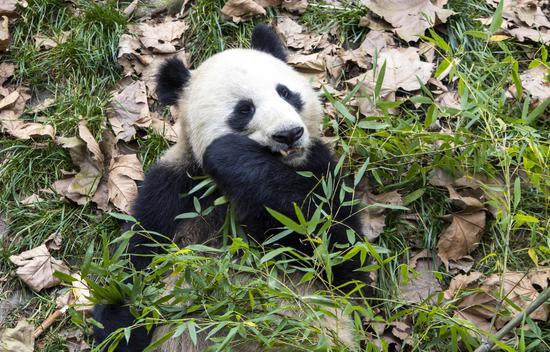
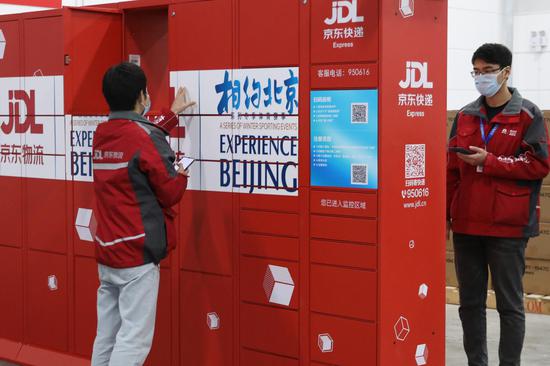
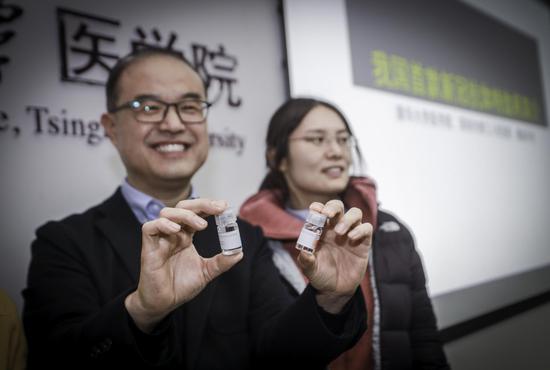
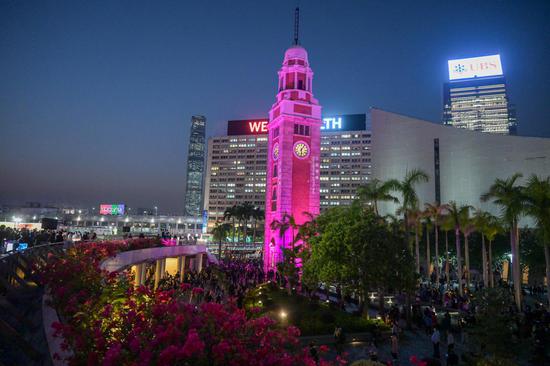

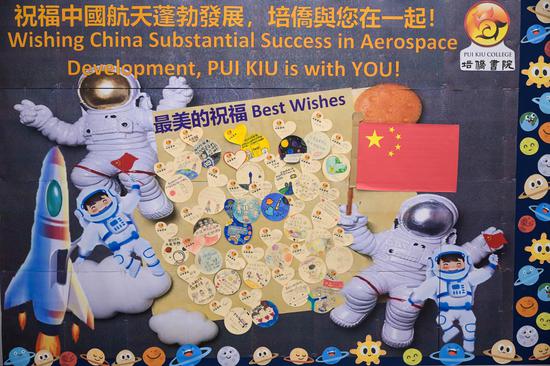
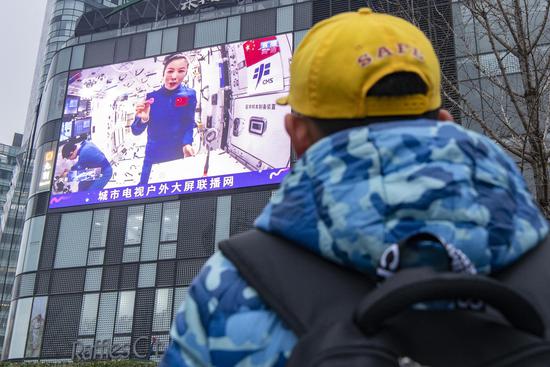
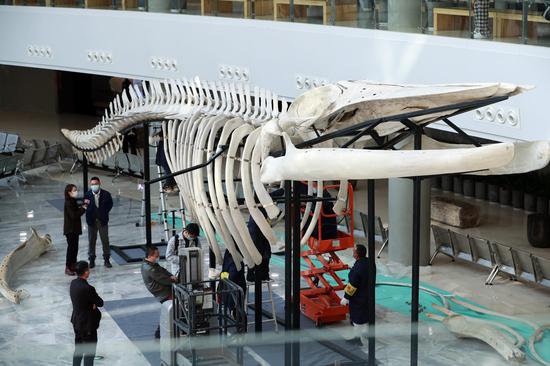
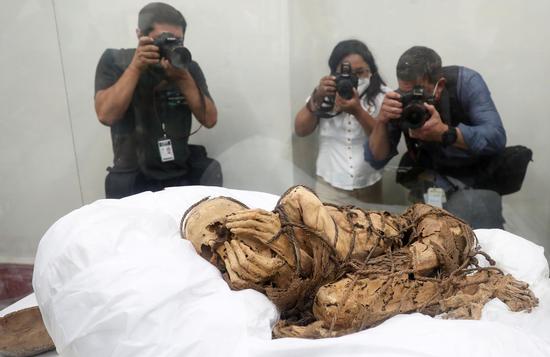
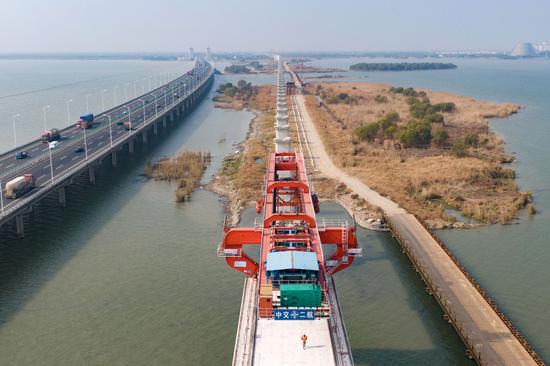
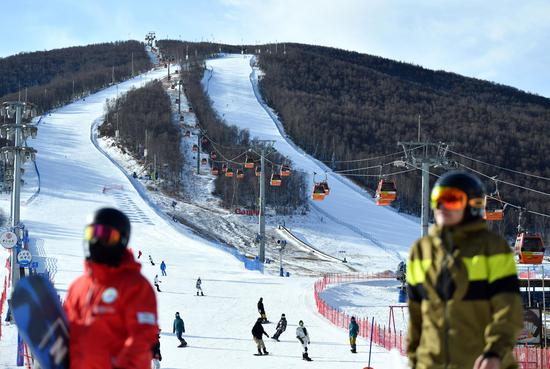
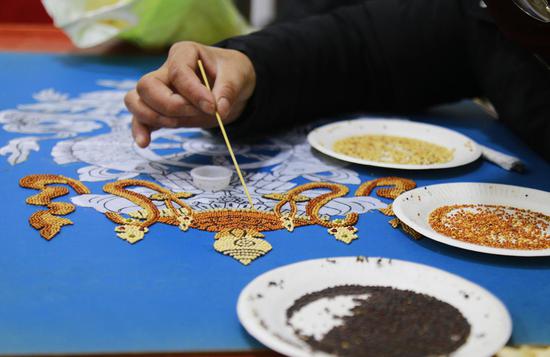
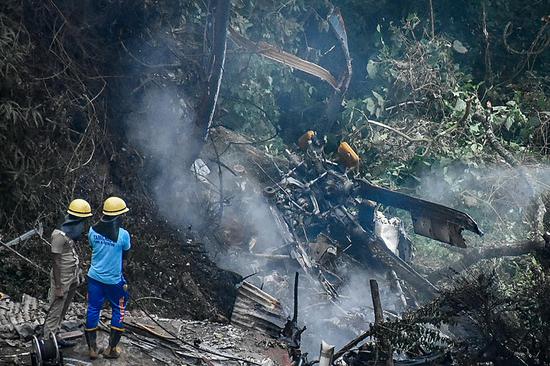
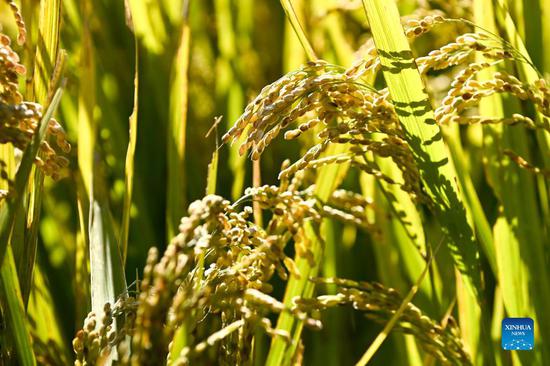
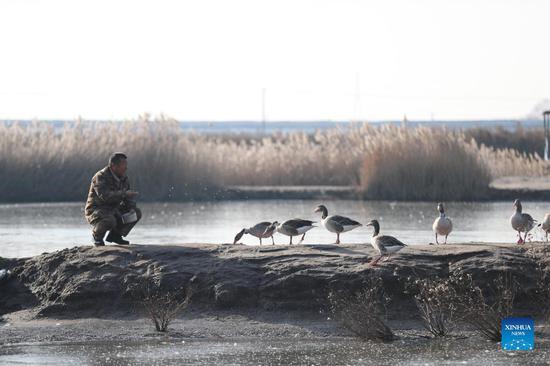
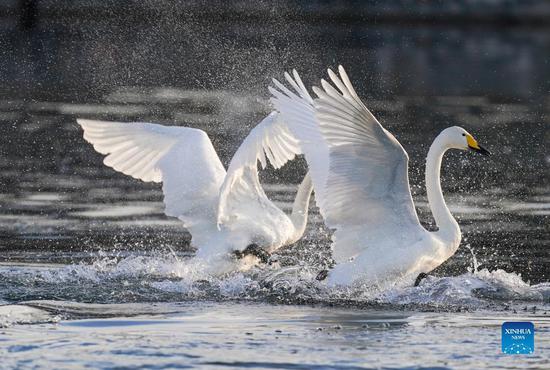
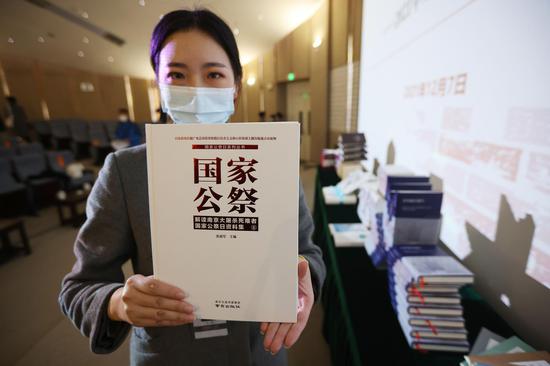
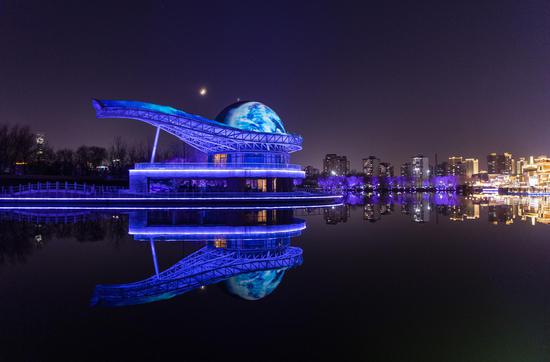
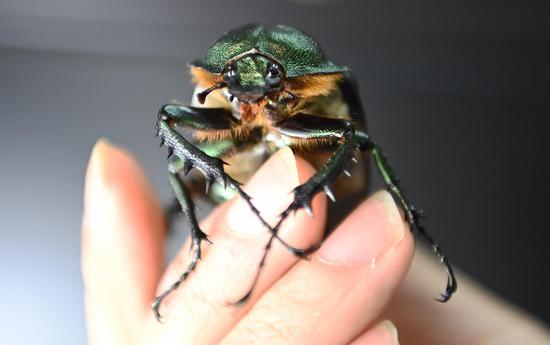
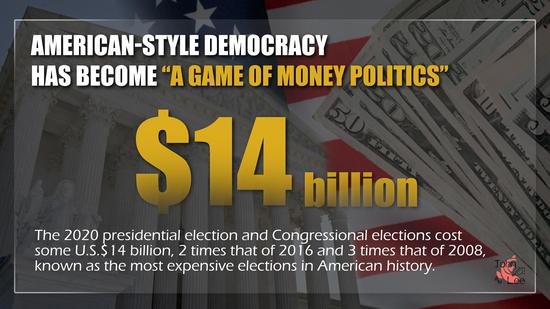

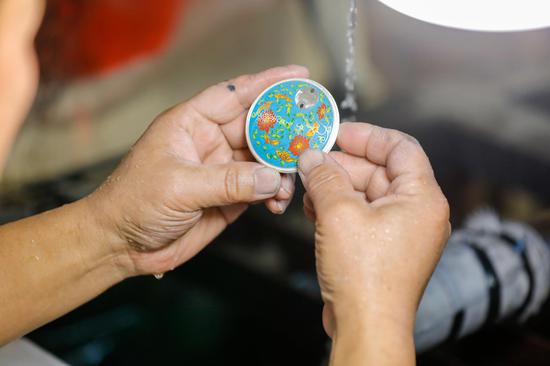
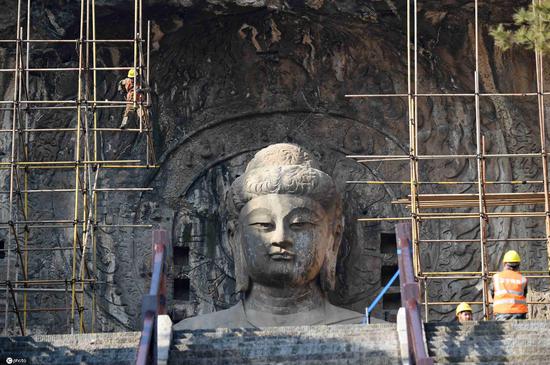
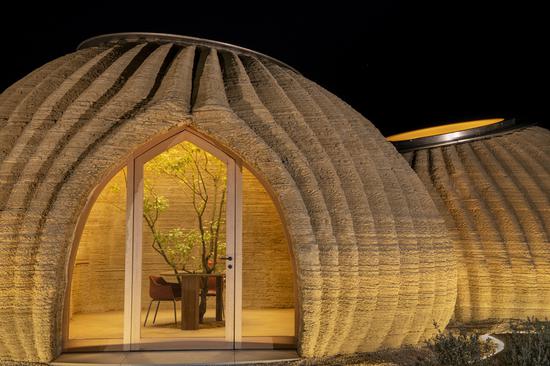
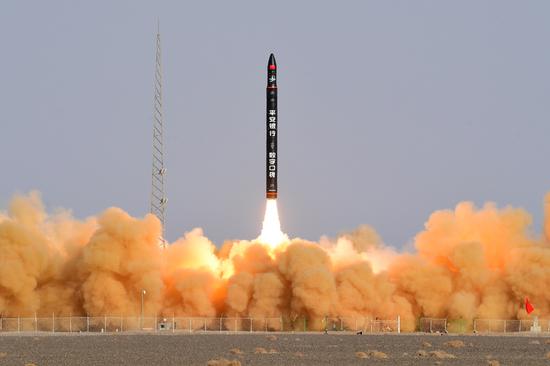
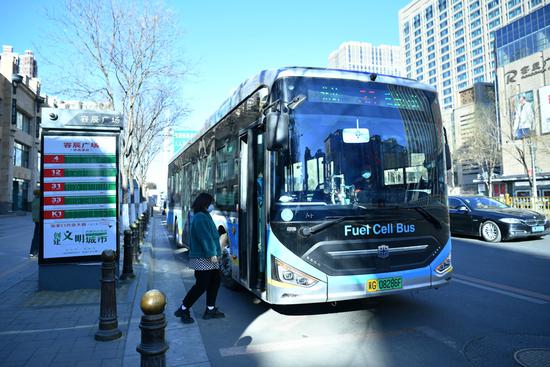
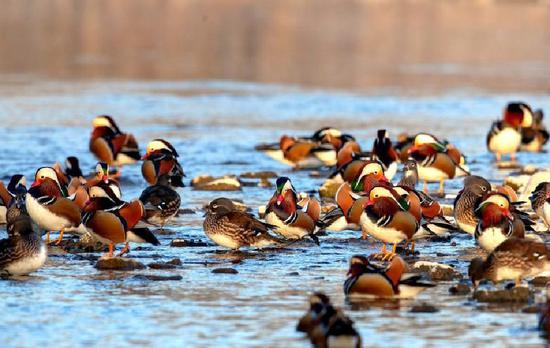
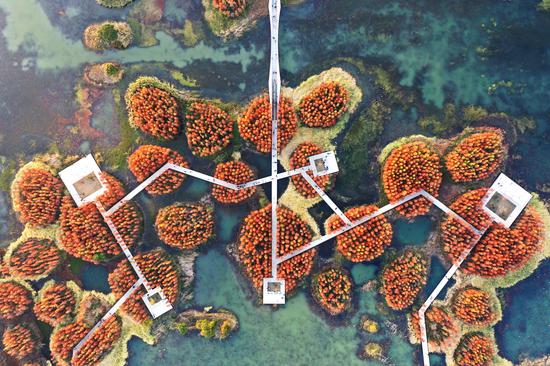






 京公网安备 11010202009201号
京公网安备 11010202009201号